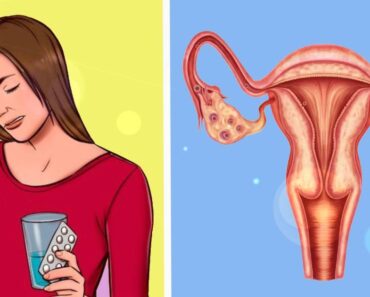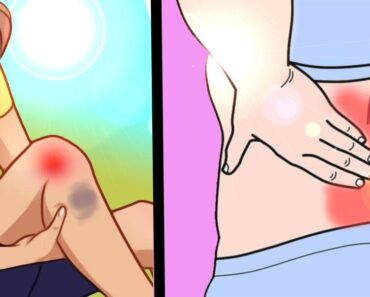
Heart disease is the leading cause of death worldwide, affecting all genders and ethnic groups, but has several key risk factors. Those who smoke, have high blood pressure, or high cholesterol are at the highest risk. Those who abuse alcohol, are overweight, lead a sedentary lifestyle, have diabetes, or have an unhealthy diet are also at increased risk of heart disease.
For these reasons, it’s important to recognize the signs of heart problems and get the right treatment before they become too serious. If you experience more than one of these nine signs, especially if you’re 60 or older, see your doctor for an evaluation.
1-Fatigue

In today’s fast-paced society, it’s easy to say, “I’m tired.” However, excessive or sudden fatigue can be a warning sign of coronary artery disease (damage to the heart valves) or heart failure (weak heart muscle). Easy fatigue during activity can also be a sign of heart disease.
2- Angina
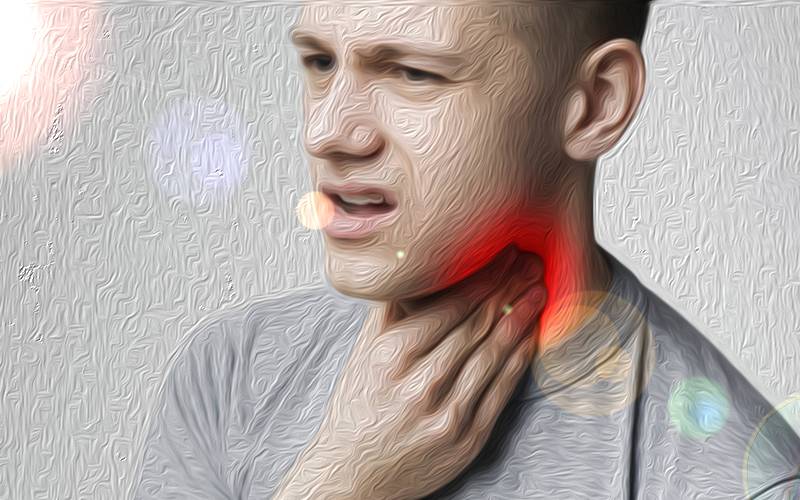
Angina is sometimes called chest pain, but the pain is not always present. Instead, some people experience heaviness, pressure, tightness, pain, fullness, or burning. These sensations can also occur in the arms, shoulders, neck, or jaw instead of the chest. If angina symptoms continue for more than a few minutes, see your doctor.
3- Heartbeat
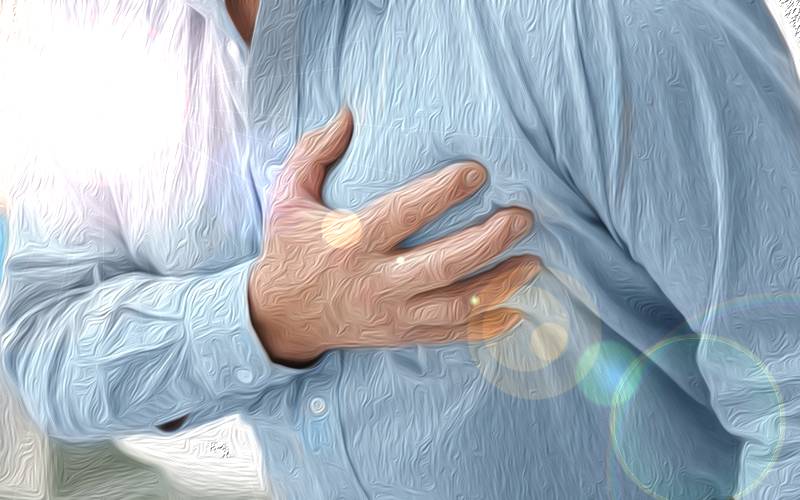
An irregular or fast heartbeat is not always a sign of a heart problem, it may be due to stress, for example. However, if this is not a factor, or if you experience heart palpitations frequently or when you are not doing any serious activity, you should let your doctor know so that you can be tested for heart problems. This could be a sign of heart disease.
4- Snoring
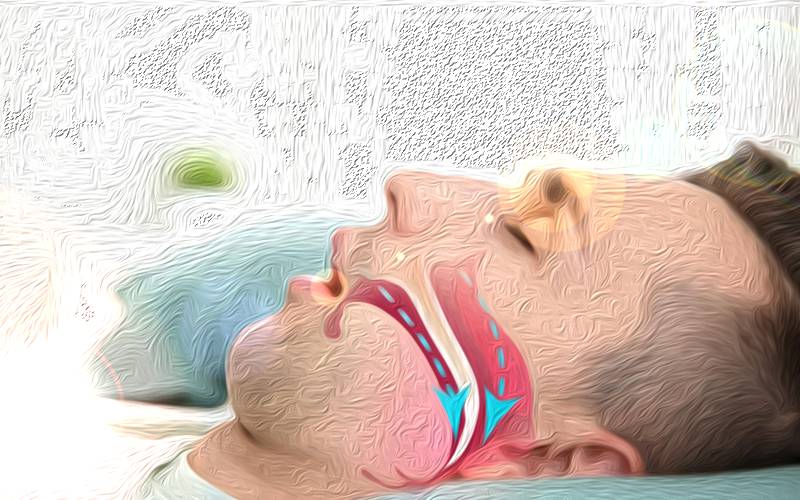
Although snoring is a risk factor for heart disease, according to the University of Michigan, people with congestive heart failure are also prone to sleep apnea, a condition that causes snoring. Sleep apnea can make heart failure worse and cause heart attacks, so if you snore, talk to your doctor.
5- Edema
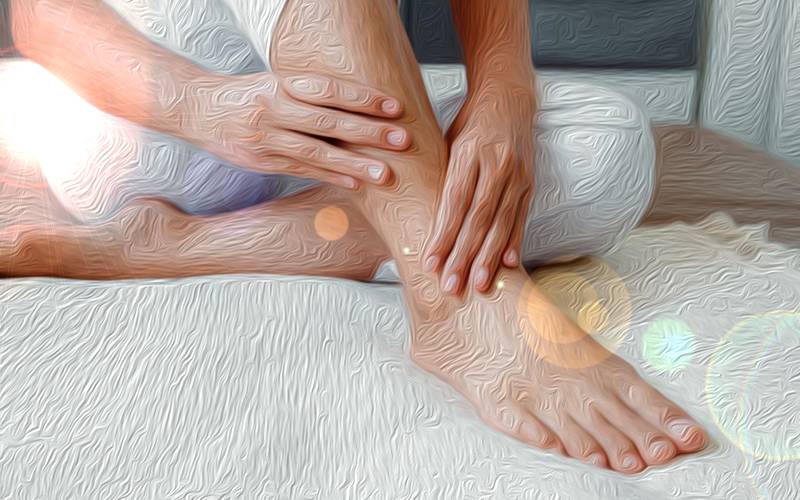
Swelling in the legs, feet, and ankles can indicate that the heart is not pumping blood efficiently, causing blood to pool in those extremities. Swelling can also be caused by inefficient kidney function, leading to fluid buildup and swelling. This can be a sign of heart failure.
6- Difficulty breathing

Shortness of breath that is not caused by exercise can be a sign of heart failure, valvular heart disease, arrhythmias, coronary artery disease, or even heart disease.
7- Dizziness
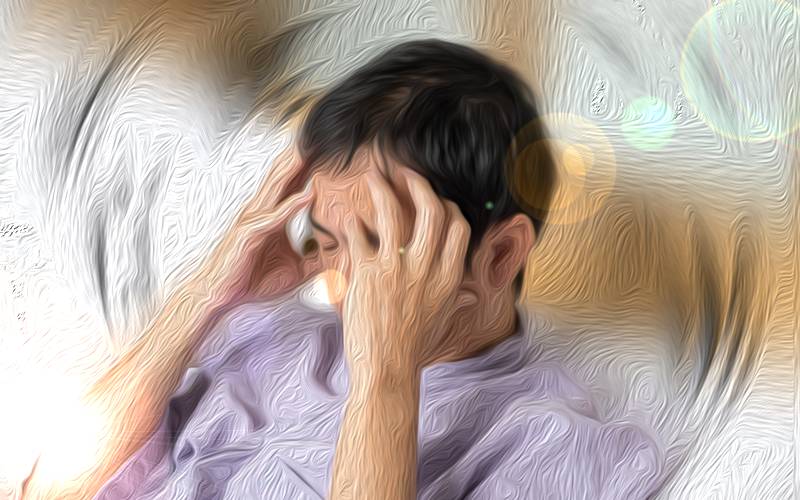
Dizziness and fainting can be caused by heart failure, heart valve disease, or heart muscle disease. While it’s normal to feel dizzy or lightheaded when you stand up too quickly, it can also indicate that your heart isn’t pumping blood properly, causing your blood pressure to drop. If this sensation is accompanied by chest pain or shortness of breath, contact your doctor immediately.
8- Nausea
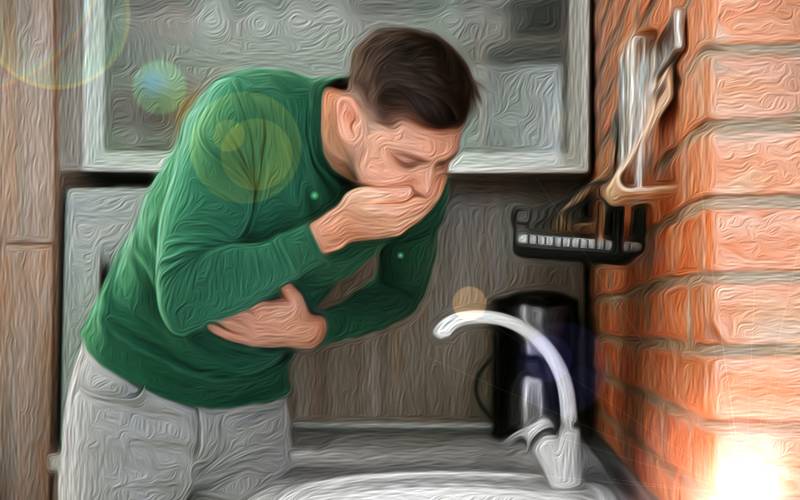
Nausea, vomiting, and indigestion are sometimes caused by a heart attack. This is especially true for women. If you experience these symptoms for an unknown reason, talk to your doctor.
9- Sweating

Heart attack or coronary artery disease can cause sudden sweating. If you experience sweating along with any of the other symptoms listed, call your doctor.


